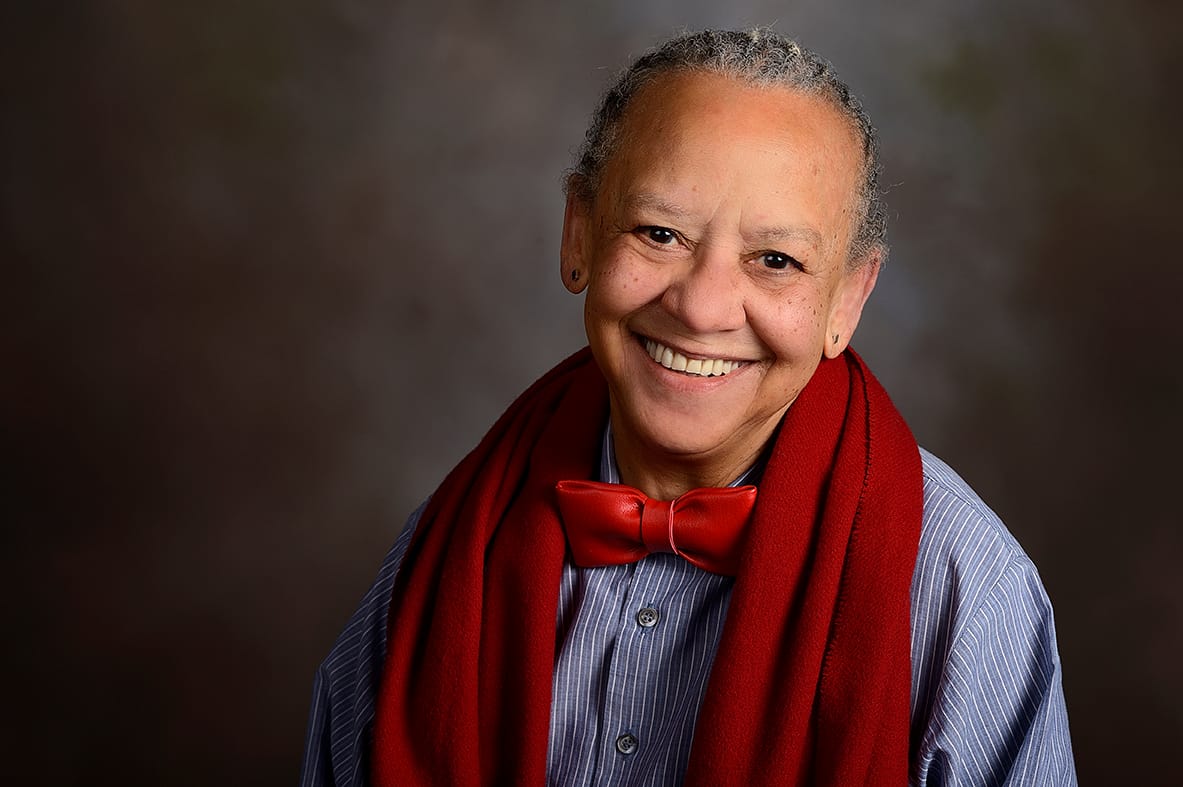Gerry Turner, the inaugural star of ABC’s “The Golden Bachelor,” has publicly disclosed a cancer diagnosis, shedding light on the circumstances surrounding his recent separation from Theresa Nist. The couple, whose televised wedding captured the attention of many viewers, announced their divorce merely three months after tying the knot, a development that prompted considerable speculation and curiosity.
Turner revealed his health battle in a candid interview, explaining that the diagnosis significantly impacted his and Nist’s relationship dynamic. He elaborated that the diagnosis and subsequent treatments created unforeseen obstacles that contributed to the strains that ultimately led to their separation. While he did not specify the type of cancer he was diagnosed with, Turner underscored that his health concerns were a primary factor in the breakdown of his marriage to Nist.
The announcement of Turner and Nist’s split came as a shock to many who had followed their journey on “The Golden Bachelor.” The show, which premiered in the fall of 2023, featured senior singles looking for love, and Turner and Nist’s romance quickly became a central narrative. Their televised wedding, a highly anticipated event, seemed to signify a new chapter in both of their lives. However, their sudden decision to part ways has left many questioning the reality of relationships formed in the spotlight.
The whirlwind nature of their romance, propelled by the structure and pace of the reality television format, may have contributed to the challenges they faced once the cameras stopped rolling. Critics and viewers alike have often debated the long-term viability of relationships that begin under such unusual circumstances. The intense media scrutiny and the pressure of maintaining a public image can pose significant challenges to couples, adding another layer to the complexities of a new relationship.
In addition to the spotlight, the logistical aspects of blending two lives following the show could also have been a contributing factor. Adjusting to new living arrangements and combining households, especially for individuals with established routines and lifestyles, can create friction and tension. The fact that Turner and Nist both had independent lives prior to their relationship on “The Golden Bachelor” suggests that this could have contributed to difficulties in their ability to harmoniously integrate their lives.
However, Turner’s disclosure of his cancer diagnosis introduces a new, and undeniably significant, layer of understanding into the couple’s decision to divorce. The stress of coping with a serious illness can place an enormous burden on any relationship, testing its resilience and adaptability. Cancer diagnoses often require substantial time commitments for medical appointments, treatments, and recovery, which can be physically and emotionally draining for all parties involved. Furthermore, the uncertainty associated with the progression of the disease can lead to increased anxiety and stress within a relationship.
For many, a cancer diagnosis can alter perspectives and priorities, impacting decision-making and the way individuals view their futures. The emotional toll is not limited to the individual diagnosed but extends to their loved ones, often resulting in feelings of helplessness, fear, and heightened stress levels. In the case of Turner and Nist, the combination of these factors could have proven to be insurmountable. The pressures of adjusting to married life, coupled with the stress of a serious health concern, likely created a complex set of circumstances that contributed to the decision to separate.
The details surrounding Turner’s health, beyond the general diagnosis, remain private, and neither he nor Nist have given explicit details about the specific treatments he is undergoing or the prognosis. Turner, in the interview where he disclosed his health information, did emphasize the need for privacy as he manages his health, and he respectfully requested that viewers respect both his and Nist’s personal space during this challenging time.
While their time together was brief, it’s worth noting the impact that their relationship had on the cultural conversation about relationships later in life. “The Golden Bachelor” captured the hope that second chances at love are possible at any age and brought issues affecting older adults to a wider audience. It provided an important representation of mature adults seeking companionship and challenged ageist stereotypes. Their brief but publicly-followed romance touched many people, and it highlighted the need for representation and visibility for older individuals in mainstream media.
The story of Gerry Turner and Theresa Nist serves as a reminder that relationships, especially those formed in unique and accelerated circumstances, can face complex and unforeseen challenges. While their journey captured the imagination and hopes of many viewers, the subsequent events underscore that reality TV romance does not always translate into lifelong partnership. The added complication of a serious illness demonstrates the importance of understanding the multifaceted factors that contribute to the success or failure of a relationship.
In the wake of their separation, both Turner and Nist have received an outpouring of support from their families, friends, and fans. The response highlights the emotional investment that many viewers felt towards their relationship and the genuine desire for their well-being. The public interest in their personal lives, while understandable given the circumstances of their introduction to the world, also underscores the unique pressures and challenges faced by those who participate in reality television.
The situation also raises further discussions about the ethical responsibilities of reality television producers to support and care for participants once filming concludes. The intense experience of participating in a highly publicized reality TV show can have long-lasting impacts on individuals’ lives, and the need for appropriate aftercare and support has become an increasingly discussed topic within the industry. The unexpected difficulties faced by Turner and Nist highlight the unpredictable nature of life after filming and the necessity of providing resources to help participants navigate these changes.
The story of Gerry Turner’s health battle and its influence on his separation from Theresa Nist serves as a poignant reminder that life unfolds in ways that are often unpredictable. The challenges faced by Turner, coupled with the challenges of a new, highly publicized relationship, demonstrates the importance of compassion, understanding, and privacy when navigating difficult life circumstances. While viewers may have been invested in the romantic narrative that unfolded on “The Golden Bachelor,” this turn of events emphasizes the complex realities that extend beyond the confines of television.
The focus now is on the health and well-being of Gerry Turner and the need to respect his and Nist’s privacy during this time. The disclosures from Turner underline the human elements behind the media narrative and emphasizes that even amidst the glitz and glamour of television, personal struggles and health challenges remain a prominent part of individual experiences. The focus, moving forward, should be on supporting both Turner and Nist as they each navigate this next chapter of their lives.
The impact of cancer on personal relationships and the importance of empathy when dealing with serious health issues are important takeaways from this situation. The revelation from Turner offers a glimpse into the many dimensions of relationships and that behind every public narrative are private and sometimes complicated stories. Their experience highlights the complexities of life that can’t be fully captured in a televised format and underscores the need for compassion and understanding when navigating both the triumphs and tragedies of life.



